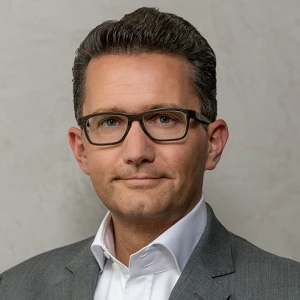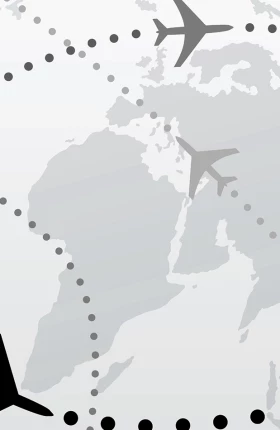With the development of technology accelerating dramatically, hyperconnectivity—the interconnectedness of everyone and everything—is becoming the reality of how society and nations interact. Hyperconnectivity represents a major driver of innovation overall, and it will certainly make travel and transportation more seamless, more efficient, more comfortable, and more ecofriendly by 2025.
Connected World: Transforming Travel, Transportation, and Supply Chains is a report from the World Economic Forum prepared in collaboration with The Boston Consulting Group. The report draws on a cross-industry effort involving more than 50 leading companies from the travel, transportation, and information and communications technology industries to explore the future of travel and transportation. The project identified four cross-industry solutions that have the potential to transform travel and transportation—solutions that are based largely on existing or evolving information and communications technology. Among the solutions are a game changer for using intermodal travel ; a future traffic-management system for megacities ; a new solution for visa, airport security, and border control processes ; and a logistics optimization system that would enable full transparency along the entire supply chain. The Forum is currently working with companies, governments, and other stakeholders to develop roadmaps that will enable progress on all four solutions.
The focus on these four solutions grew out of an analysis of how current trends could yield four very different global scenarios by 2025. The four scenarios include a world with open borders and a focus on sustainability, a globe characterized by a focus on economic growth, a world dominated by economic divisions, and a society buffeted by shocks with high barriers to trade and travel. Although it is unlikely that any one of these four extreme cases will become reality, the themes identified in these scenarios will likely be in play either individually or in some combination in various parts of the world in the future.







